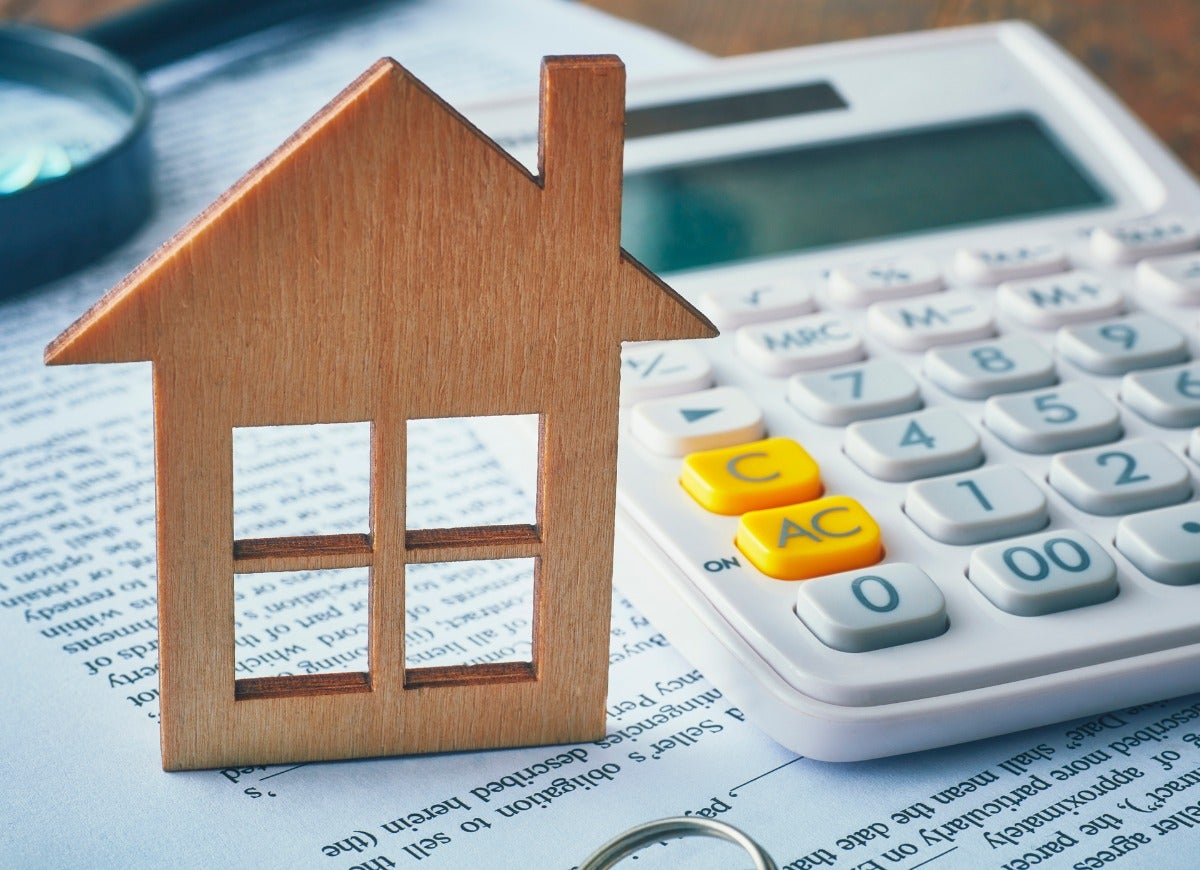We may earn revenue from the products available on this page and participate in affiliate programs. Learn More ›
An Agent is an Asset

For many people, buying or selling a home is one of the costliest transactions they’ll ever make, so it’s essential they receive sound advice during the process. Real estate transactions can be very complex and involve following state and federal laws, so most buyers and sellers turn to a qualified real estate agent to lead them through the process. Keep reading for the top tips on how to find a real estate agent.
Start With a Referral

When looking for a new home, reach out to your personal network to find out if your family members or friends had good experiences with their real estate agents. Asking someone you know and trust for a referral is a great way to shorten the research process. Once you have a number of leads, it’s a simple process to call each of the agents to check their credentials and experience.
Check Credentials

Before choosing an agent, you should do some background research. Google the names of each candidate you’re considering, and check the State Licensing Department for Real Estate to see if there are any violations recorded in their name. While the term “Realtor” is often used generically, a Realtor is actually a member of the National Association of Realtors—an oversight group dedicated to ensuring ethics in the transaction process.
Check References

Don’t miss the opportunity to call an agent’s past clients to find out if they were happy with their buying or selling experience. If they’re satisfied, there is a good chance that you will be, too. They’ll also be able to tell you about how the agent did in negotiations so you’ll have a good idea of how hard the agent will fight to get the best deal for you.
Look Locally

If you’re relocating to a new community, try to find an agent who lives in the town where you’re looking to move. Nobody knows a place as its residents do. Plus, an in-town agent may have an advantage when it comes to being aware of listings that have not yet come on the market.
Make Sure You're a Match

It’s essential to make sure that you and your agent get along! It sounds simple, but you’ll be spending a lot of time with one another, and you want to make sure you both understand each other. And, it helps to have a little fun along the way.
Honesty is the Best Policy

Look for an agent who will work for you rather than trying to convince you to make a deal or take a deal that’s not in your best interest. It’s crucial that you feel your real estate agent is listening and acting on what you want. More than that, you’ll need someone who isn’t afraid to tell you when you’re asking for things that are not realistic or possible. That honesty factor is huge.
Long-Term Commitment

A successful home-buying process should result in owning a home that suits your lifestyle, so don’t settle for something you don’t want. To get the property you really want, the process could take months or even over a year. Look for an agent who’s in it for the long haul; one who will really listen to your terms and not rush you into buying a house that’s not right for you.
Commission Concerns

If you’re looking for an agent to list your home, understand that the agent’s commission is negotiable. The average commission is about 5 to 6.5 percent of the sales price, but agents will often come down on their commissions. However, keep in mind that your agent will split the commission with the buyer’s agent, so don’t try to undercut the real estate commission too severely. If you’re averse to paying a commission, you may have to find a home without using an agent.
Don't Be Afraid to Switch

Even after a lot of research, it’s not unheard of to get an agent that just doesn’t jibe with your ideas and needs. It’s OK to switch agents at that point. If you’ve signed a listing contract or a buyer’s agency contract, ask the agent if you can end the contract. Most agents will end the contract rather than forcing you to continue with a contract when the agent-client relationship isn’t working out.
Conduct Interviews

You can learn a whole lot about a real estate agent just by sitting down and asking her a few questions. Ask the agent about her most recent transactions and whether she represents just buyers, sellers, or both. Find out about the general price range of her listings or sales to make sure she’ll be a good fit for a home in your price range.
Don't Look for a BFF

While an excellent real estate agent may become a friend for life, don’t look for one on that basis. An agent should first and foremost be committed to doing the best possible job for you. You’re hiring this person to represent you in a life-changing transaction—you can be drinking buddies later.
Be a Good Communicator

Don’t expect a real estate agent to read your mind. Instead, be up front, open, and honest. Let the agent know if you have credit problems, have recently lost a job, or if other factors will influence your ability to purchase a home. An agent can often help you clean up your credit, point you toward lenders who may offer a mortgage, and help with other issues—but only if you communicate with them.
Consider Signing an Agency

In real estate, “agency” is a contract between the agent and the client. If you’re buying a home, you’ll want to sign a buyer’s agency agreement, and if you’re selling, the listing contract will create a seller’s agency. The typical duration of an agency agreement lasts 3 to 6 months and ensures the agent is working hard for you to simplify the transaction process.
Find the Focus

Agents often focus on specific house categories, such as “rural homes,” “starter homes,” or “high-end custom homes.” When choosing an agent, find out what his main focus is, because he’ll be highly knowledgeable in those areas and most likely to close a successful sale.
Community Savvy

The most successful real estate agents have a strong working knowledge of how to navigate a real estate transaction, and they know what’s going on in a community. The agent should be able to tell you where the safest neighborhoods are, where the best places are to eat and shop, and whether there are any unseen surprises, such as a planned freeway for the next block over.
Consider a Relocation Referral

If you’re moving to a new community where you don’t know anyone, consider asking a real estate agent you know and trust from your own community to refer you to an agent in the new city. The hometown agent will research the credentials and successful sales of the agents in the new community and contact one on your behalf. The hometown agent will also remain in contact during the process and will earn a fee for her troubles.
Talk to a Lender

Bankers and loan officers work directly with real estate agents and their clients to approve mortgages, and they’re often well aware of which agents are the most successful. When you establish a banking account in a new community, ask the loan officer for suggestions for an agent.

Everything You Need for a Lush and Healthy Lawn
Keeping your grass green and your plants thriving doesn’t just take a green thumb—it starts with the right tools and supplies.

